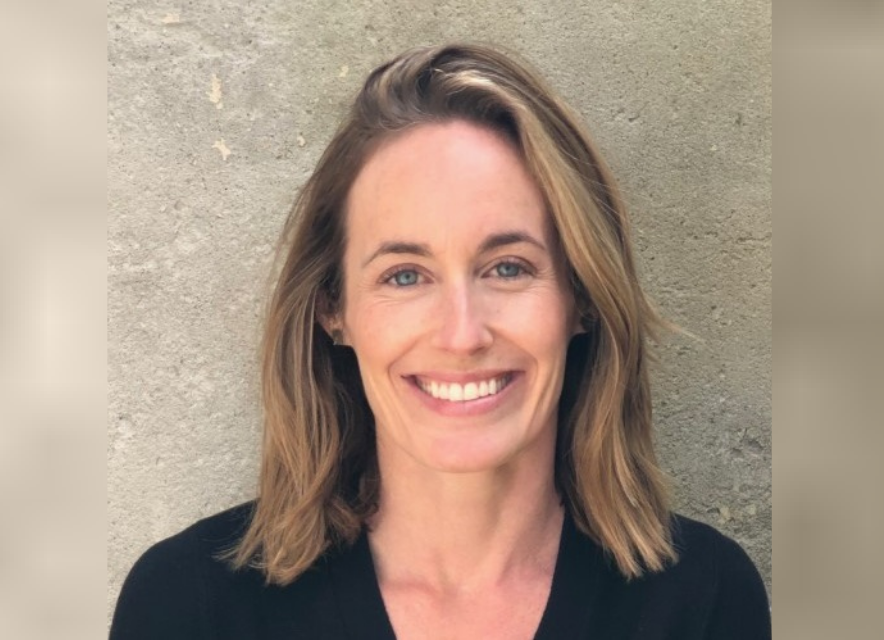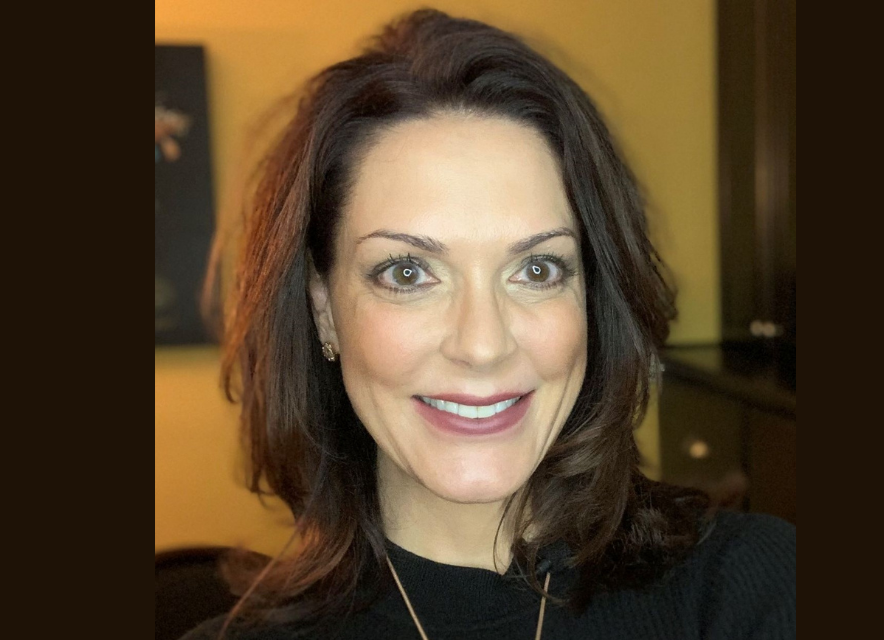Podcast: Play in new window | Download
Subscribe: RSS
Dr. Moira Somers is a clinical neuropsychologist, professor and executive coach. As the founder of Money, Mind, and Meaning, Moira trains financial professionals across North America to work more effectively with the whole spectrum of challenges their clients bring to them. She’s also the author of the book, Advice That Sticks: How to give financial advice that people will follow.
Takeaway Quote:
“Client satisfaction is directly related to how much airtime the client gets.”
Show Timeline:
1:44 Moira’s professional background
5:14 Comparing behaviors and decision-making habits between medicine and finance
7:13 How Moira coaches advisors to take a multidisciplinary approach to client service
9:30 Specific ideas about how advisors can better understand clients
12:21 Critical do’s and don’ts for review meetings
14:47 How to avoid compromising the effectiveness of the advice you give
17:02 The importance of speaking your client’s language
20:56 A big reason why referred clients don’t show up for a second meeting
22:23 Distinguishing between compliance and adherence
29:17 Challenges that advisors can face in getting adherence, and ways to overcome them
33:31 Resources for acquiring skills outside the scope of technical training
Links:
Website: http://moneymindandmeaning.com/
Email: DrSomers@moneymindandmeaning.com
LinkedIn: https://www.linkedin.com/in/moira-somers
Book: Advice That Sticks: How to give financial advice that people will follow
Want more?
Stephen Wershing: www.TheClientDrivenPractice.com/checklistblog
Julie Littlechild: www.absoluteengagement.com/blog
Episode Transcript:
Steve:
Welcome to Becoming Referable. The podcast that shows you how to become the kind of advisor people can’t stop talking about. I’m Steve Wershing. On this episode, we talk with Moira Somers, clinical neuropsychologist on faculty with the department of clinical health psychology at the University of Manitoba, a Marshall Goldsmith certified coach, and founder of Money, Mind, and Meaning in Winnipeg.
She’s also the author of the book, Advice that Sticks. Advisors face twin challenges. First is providing the right advice and second is getting clients to act on that advice. We have lots of training and resources for the former, but precious little for the latter. That’s where Dr. Somers’ book is such a gift. In our conversation, we talk about obstacles clients face on taking advice. Many which originate with you, the advisor.
We talk about the five contributors to financial adherence; the curse of knowledge, how it’s impossible to motivate someone from the outside, but how you can stimulate someone’s internal motivation, and how you can create policy-driven guidelines to keep clients on track. In the end, clients who accomplish things provide more and better referrals than ones who simply get good advice and this is where Moira’s advice can help build your business through creating better outcomes. I hope you enjoy our conversation with Moira Somers.
Julie:
Moira Somers, welcome to the Becoming Referable podcast. So pleased to have you here today.
Moira:
Lovely to meet you.
Julie:
Absolutely. I’m excited about this conversation because we’ve been looking at your work. It’s such rich content that you are sharing with the industry. Before we even dig in on some of the specifics, I was wondering if you could give us a little bit of background on you and your path here and I know you’ve come out with a book recently, so would love to hear about how all of that came together.
Moira:
Sure. I am a clinic neuropsychologist. I’m based out of Winnipeg Manitoba where I’m also a professor at the University of Manitoba. I have long had an interest in the things that influence, whether or not people follow good advice. Whether that’s medical advice or lifestyle advice or financial advice. A few years ago I became quite fascinated by the field of neuro economics and how it is that people make decisions. Both through the work that’s being done in neuro economics and behavioral economics, there’s just a fascinating body of literature out there that’s, combines with what’s been coming out of the medical field for decades now that I thought would be an interesting fusion and that it would be of value and interest to the financial services industry.
Julie:
Maybe you can go a little deeper on where you saw the crossover, what you expected that crossover to be between the two communities.
Moira:
I think that there are very few forces in secular society that really urge things like delay of gratification and impulse control. In fact, I think there’s a whole lot out there that encourages just the opposite, the buy now, the do whatever feels good for now. Medicine and financial services share this focus on not only stabilizing what’s going on right now in the present, but also setting people up for a really good future. Because of that commonality, they share some predictable and fortunately in some ways, preventable problems where we run flat up against temporal discounting or the tendency for people to really focus on the now versus the future.
Turns out there are some really valuable strategies that can be adopted in all domains of life that help people get past that immediate focus. There are also commonalities between the two areas in that sometimes the advice that we have to give is unpleasant. It may actually be painful in the present moment to implement medical advice and financial advice. Again we are starting to understand more and more about what allows people to embrace the advice despite the discomfort.







Leave A Comment